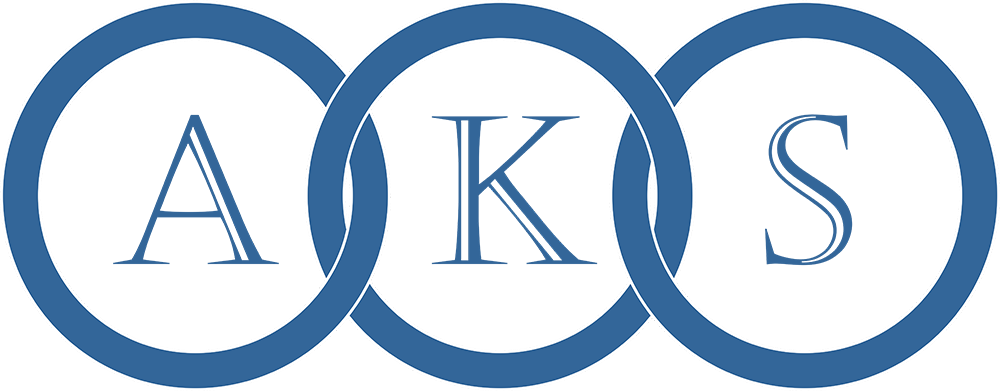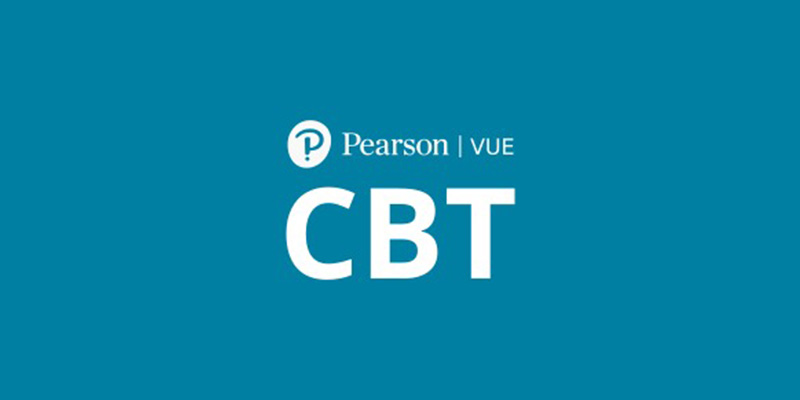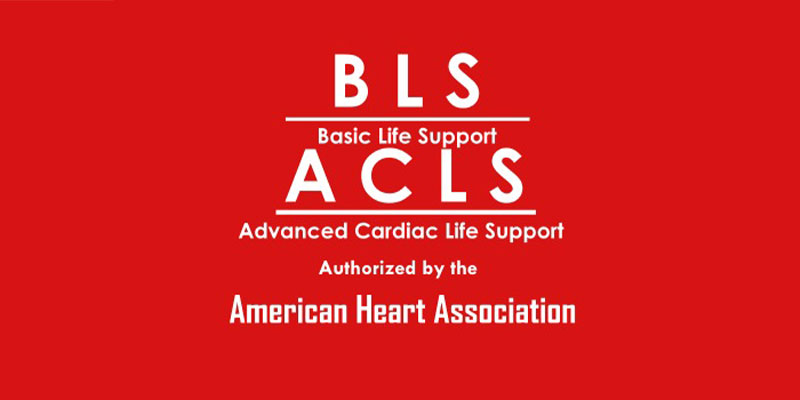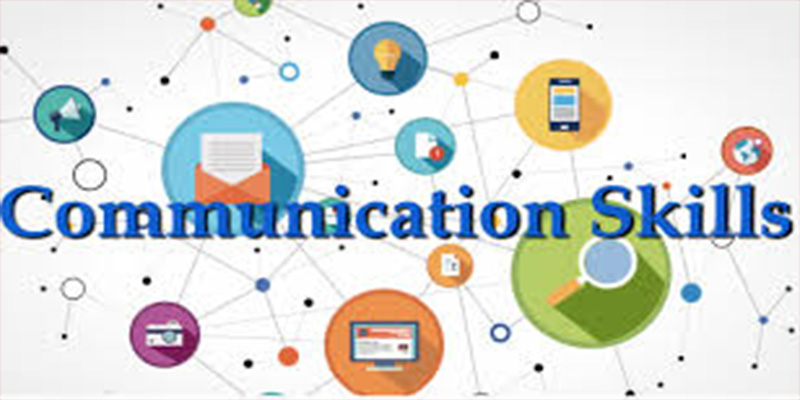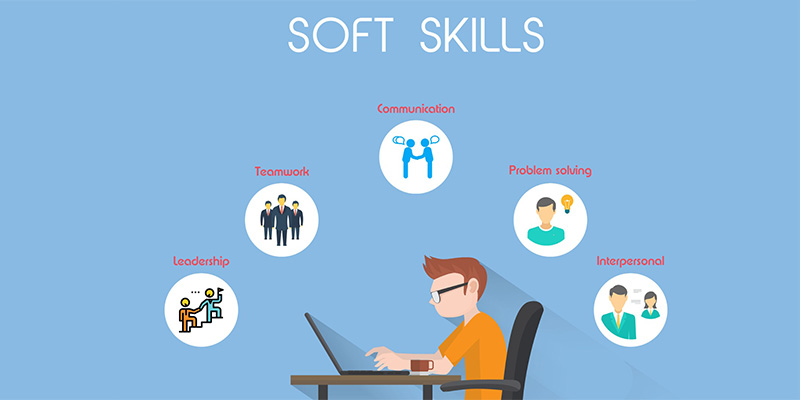How does IELTS work?
IELTS was developed by some of the world’s leading language assessment experts to test the full range of skills needed to study or work successfully in an English speaking country. You’ll be assessed on:
- Listening – to see how well you understand ideas, recognise opinions, and follow the development of an argument
- Reading – to see how well you read for general sense, main ideas, and details, and whether you understand the author’s inferences and opinions
- Writing – to see how well and how accurately you write a response, organise your ideas, and use wide-ranging vocabulary and grammar
- Speaking – to see how well you can communicate opinions and information on everyday topics and common experiences, and express and justify your opinions
